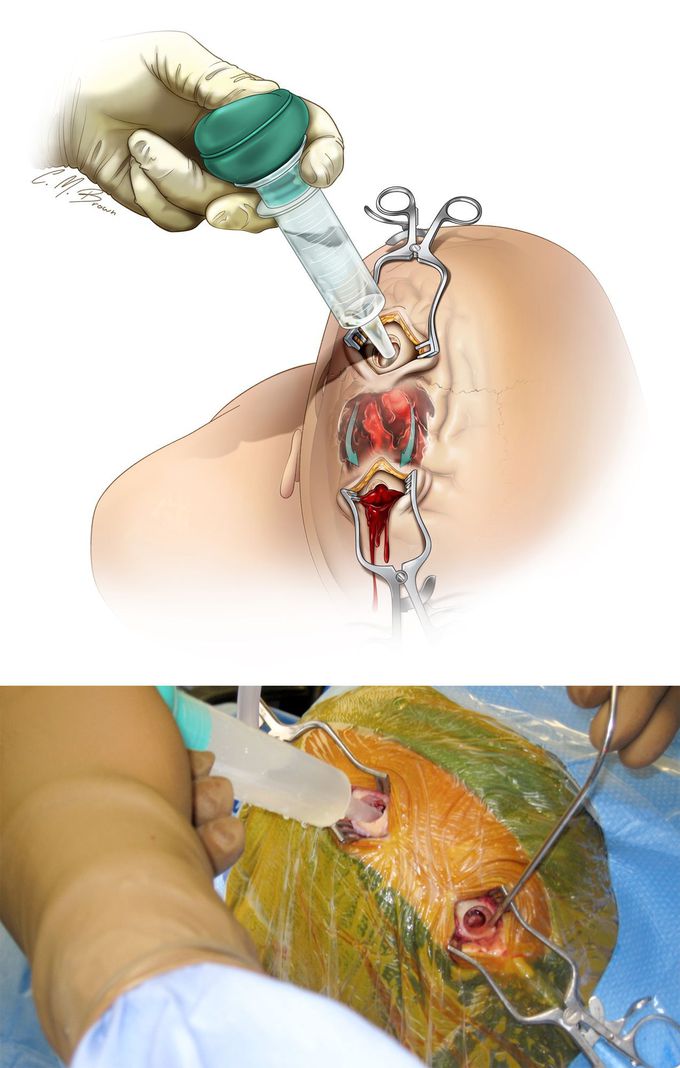


Burr Hole Trephination
A burr hole trephination is a surgical intervention in which a hole is drilled into the patient's skull by a neurosurgeon. It not only has the purpose of facilitating large-scale brain surgeries but also it helps treat injuries. The holes help to relieve pressure on the brain when fluid, such as blood, starts accumulating and compressing the brain tissue. In this case it would be done by draining the blood through the holes. An example of this would be a subdural hematoma or an epidural hematoma. However, these aren't the only situations when burr holes are beneficial. They may also be useful for performing a biopsy of a brain tumor or to even remove tumors! Even though burr hole trephenation does posses risks like infection and bleeding, its benefits of making controlled incisions and minimum invasion significantly outweigh them.
If a patient suffers with blood disorders like Factor V Leiden requiring anti-coagulation medication, how is the recovery from a surgery like this? When is it safe for the patient to go back on meds regulating blood?
The time interval for resuming anticoagulant meds differs for each individual based on their various risk factors. However, some of the studies suggest that in most cases anticoagulant medications can be safely resumed 3 days after the surgery.


